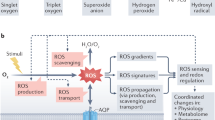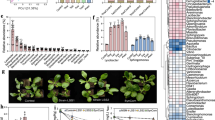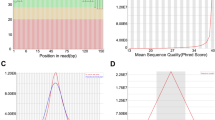Abstract
IN 1898 Prof. E. O. Wooton described a remarkable new rose from southern New Mexico, giving it the name Rosa stellata on account of the stellate trichomes. The peculiar, mostly trifoliolate leaves, the leaflets with cuneiform bases and more or less truncate, sharply toothed apices, gave the plant an unusual appearance; while even the flowers, described as “large and showy … deep rose-purple,” were not at all like those of the ordinary wild roses of the Rocky Mountains. Through the kindness of my friend, Prof. Fabian Garcia, I obtained some living plants of R. stellata from the original locality in the Organ Mountains. Some of these were sent to Dr. A. R. Wallace, who has grown them in England successfully; the others have been growing in Boulder, Colorado. Last year the plants in my garden grew exceedingly well, and were most attractive. Certainly if R. stellata can be generally used in gardens, it will be a valuable addition to horticulture, but it probably will do its best only in relatively dry climates. My wife attempted crosses with several other roses, and in one case was successful in getting good seed; what will result remains to be seen.
Similar content being viewed by others
Article PDF
Author information
Authors and Affiliations
Rights and permissions
About this article
Cite this article
COCKERELL, T. “Rosa stellata” . Nature 90, 571 (1913). https://doi.org/10.1038/090571a0
Issue date:
DOI: https://doi.org/10.1038/090571a0



